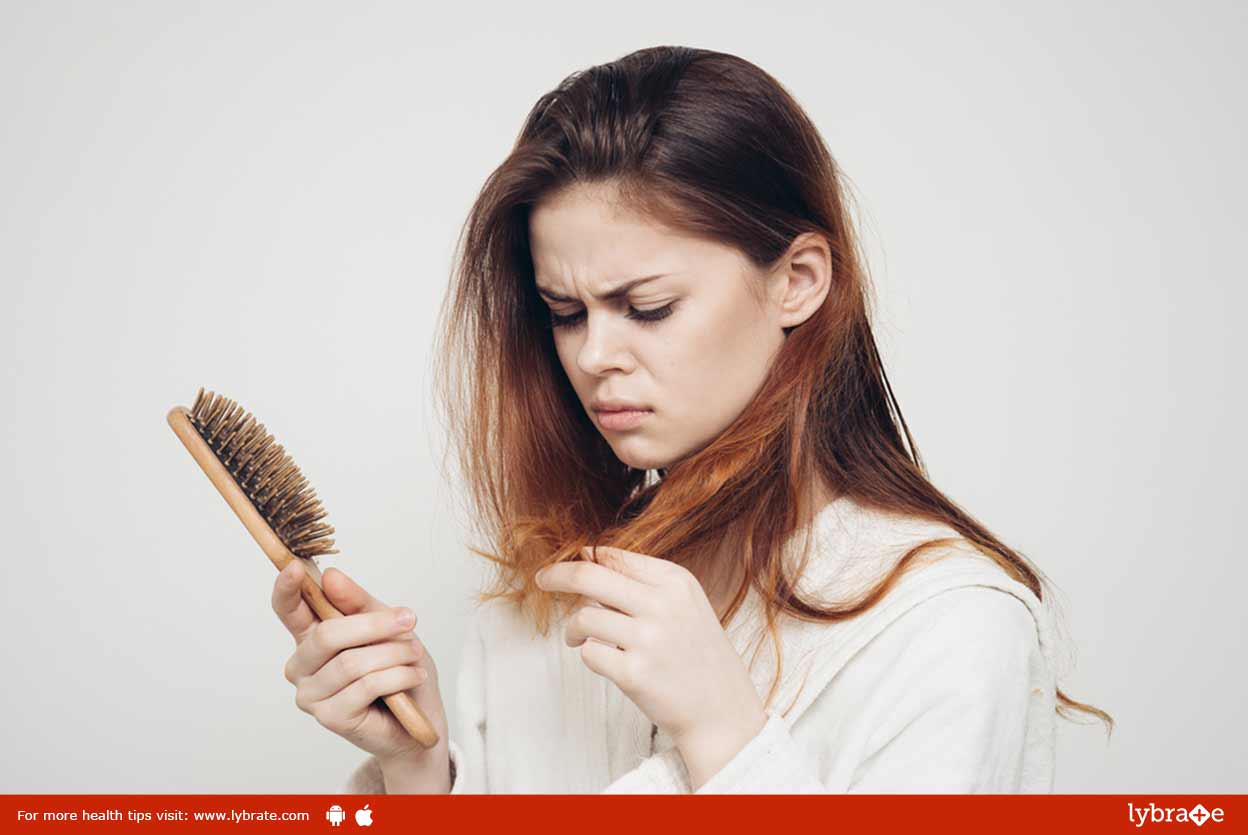By Dr. Rohit Shah , Ayurveda
In today’s hectic and competitive world, leading a stress-free life is next to impossible. From professional commitments and academics to personal and family life, the trigger can be anything. The situation worsens when the stress and anxiety start taking a toll on one’s health and well being. From mood swings to diabetes, the problem can jeopardize life to a great extent. In this article, we will discuss some of the stress related complications, especially stress-related hair fall.
Stress-related complications
The health complications triggered by stress can vary from individual to individual.
- In some cases, stress is known to cause hypertension, heart problems (may even cause a heart attack in extreme cases).
- One of the worst stress-induced health problems is Diabetes. In fact, the higher the stress, the worse the situation gets.
- Stress can also affect the mental health of a person resulting in depression, anxiety, and related problems. The last few years have seen a mercurial rise in the incidence of depression worldwide.
- Stress is one of the underlying factors responsible for obesity, asthma, as well as Alzheimer’s Disease. It can also accelerate the aging process as well as aggravate the condition of Irritable Bowel Syndrome.
How does stress cause hair loss?
Various research and studies provide the much-needed evidence to suggest that severe stress does play a role in triggering hair loss. The hair loss may be brought about in the following ways.
1. Alopecia Areata: Also known as Spot Baldness, alopecia areata is an autoimmune condition whereby the body’s immune cells start attacking and damaging the hair follicles resulting in hair loss in patches. The good news, however, is that the condition is temporary and often improves with time. While a host of factors may be responsible for alopecia areata, high level of stress is also one of the contributing factors.
2. Telogen Effluvium: A hair growth cycle consists of three phases-
- Anagen (active hair growth phase).
- Catagen (transitional phase).
- Telogen (resting phase characterized by hair fall. Here, the hair ceases to grow).
Usually, the resting phase is short with only a small fraction of the hair follicles (~5-15%) entering into this phase.
When a person is under severe stress, a large number of hair follicles abruptly enters into the telogen phase resulting in considerable and visible hair loss.
The hair fall is, however, temporary which can be reversed and improved significantly with proper stress management.
3. Trichotillomania: Often referred to as “Hair Pulling Disorder”, Trichotillomania is a condition whereby the affected person is unable to control the urge to pull the hair off the scalp, eyebrows, and from other similar body parts. Here also stress is found to play a pivotal role in triggering this unusual condition resulting in hair loss.








































